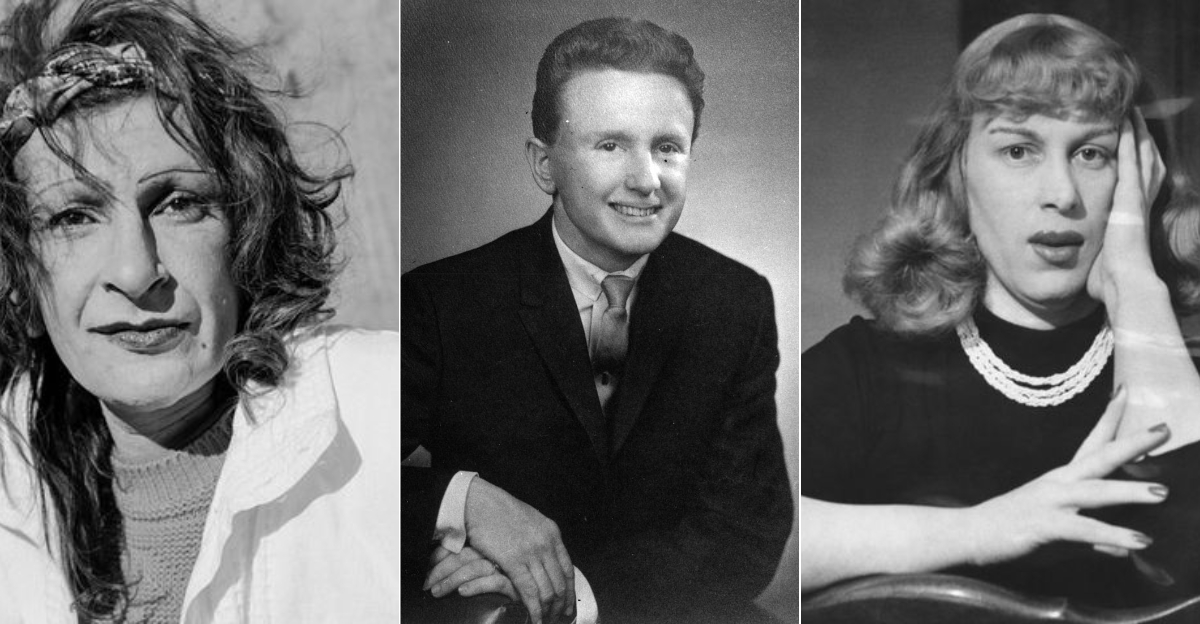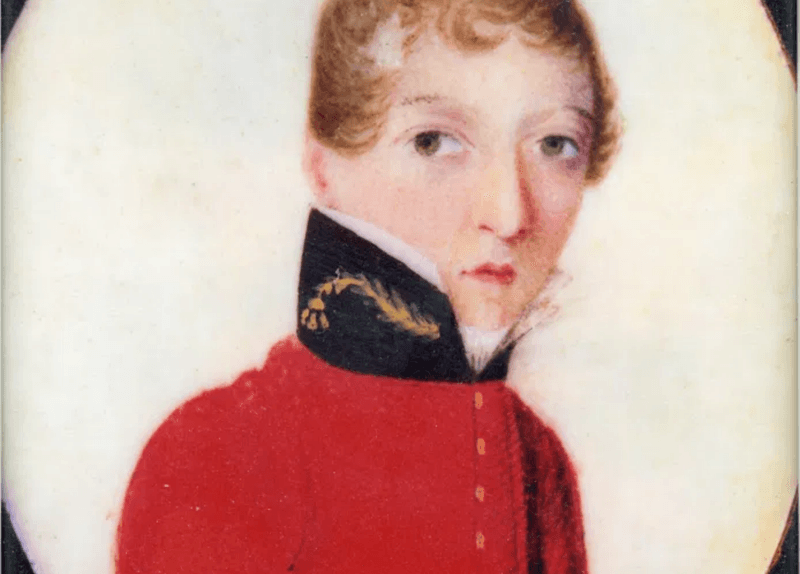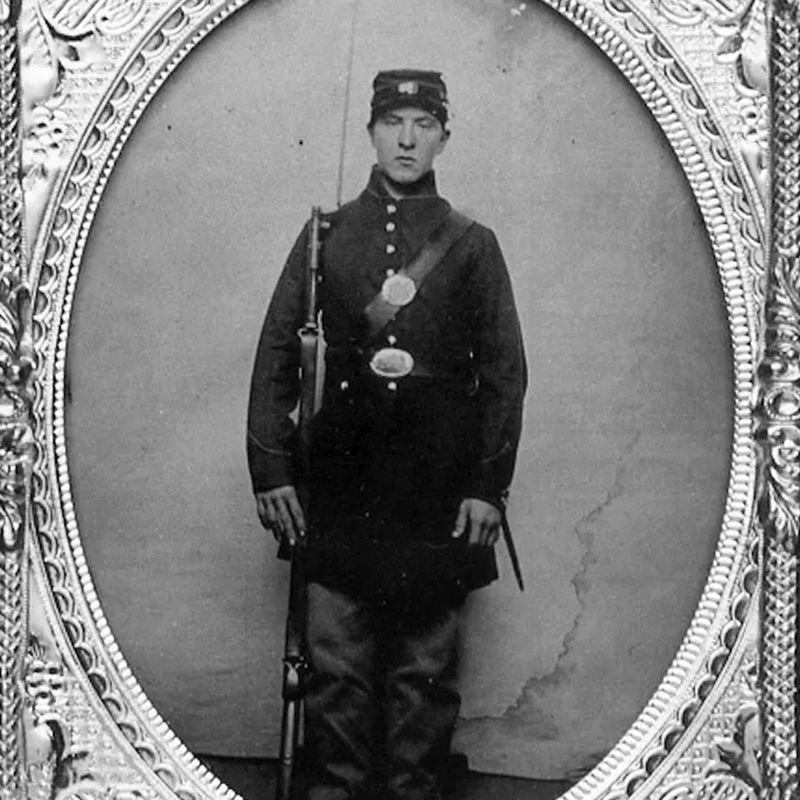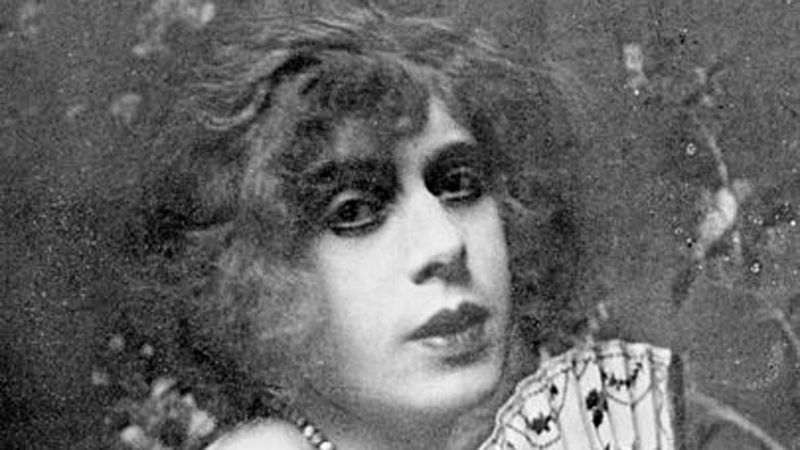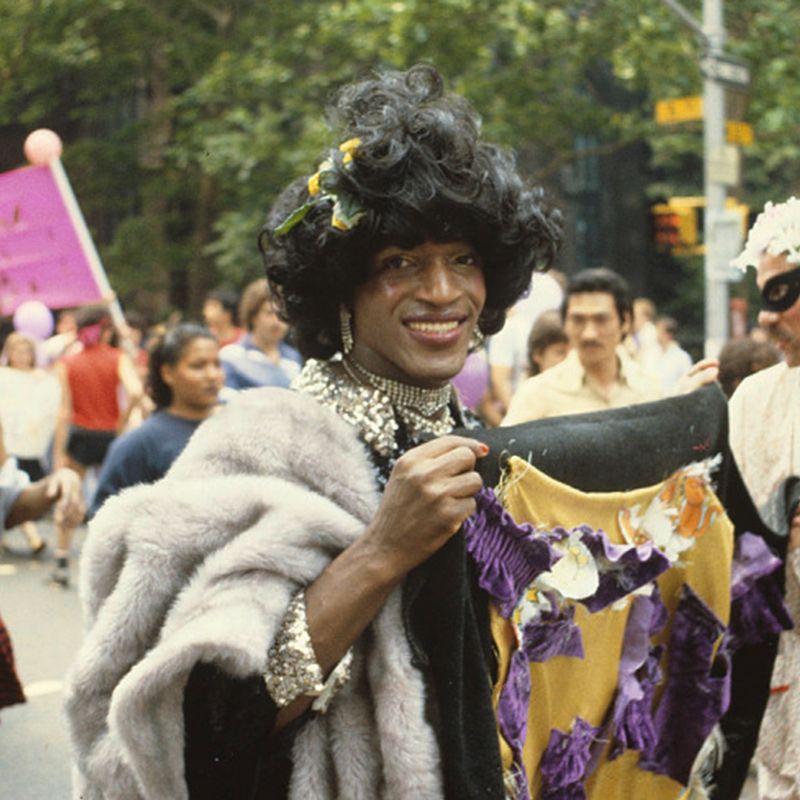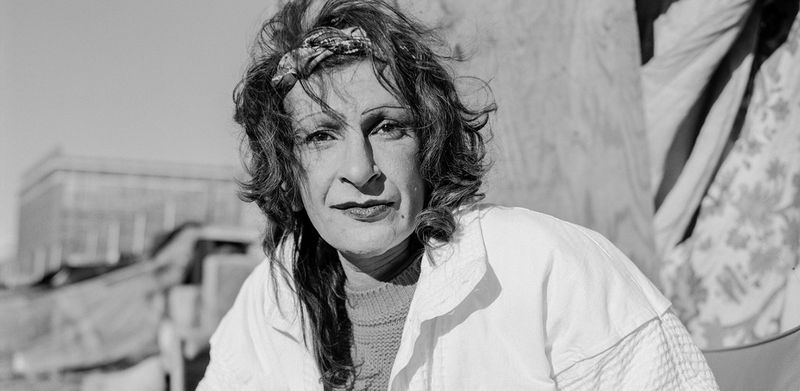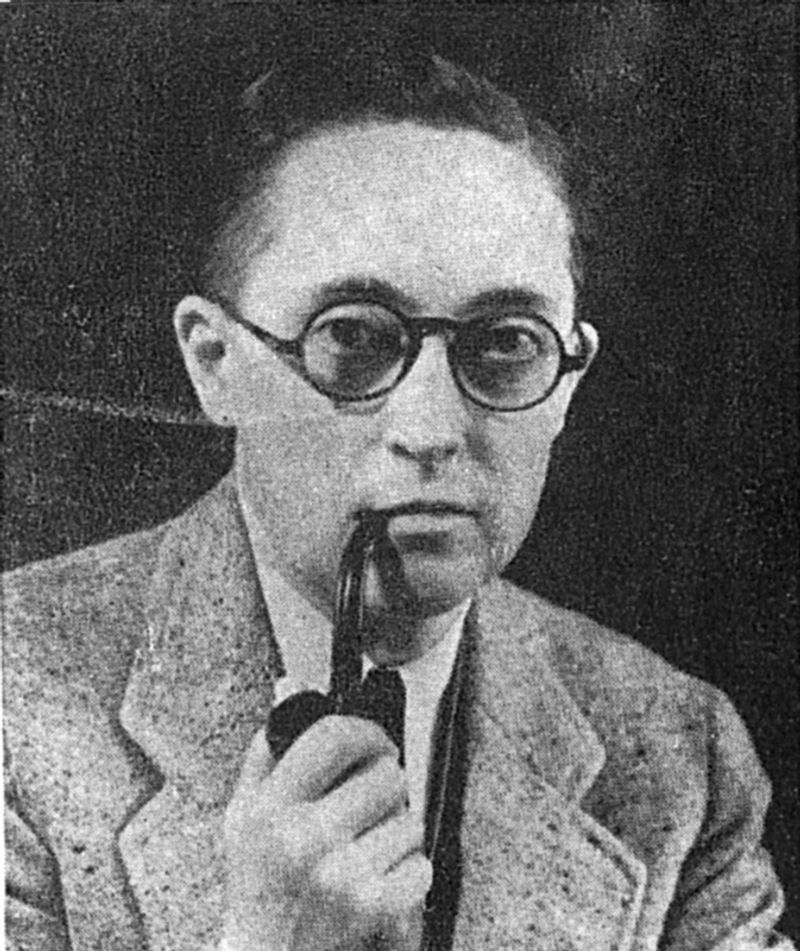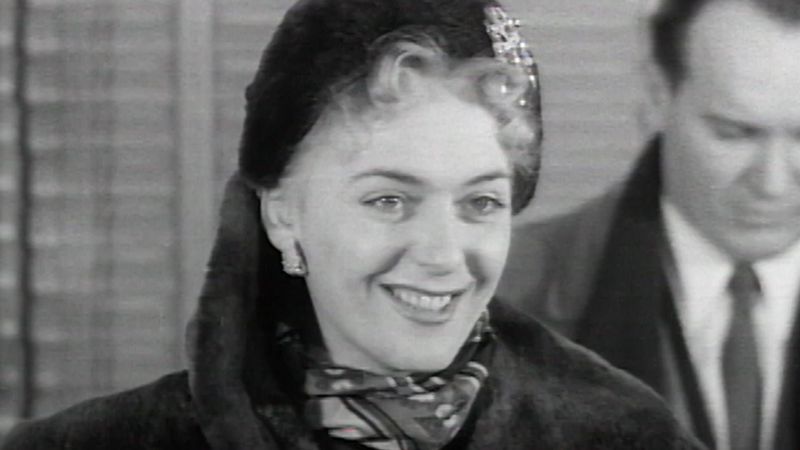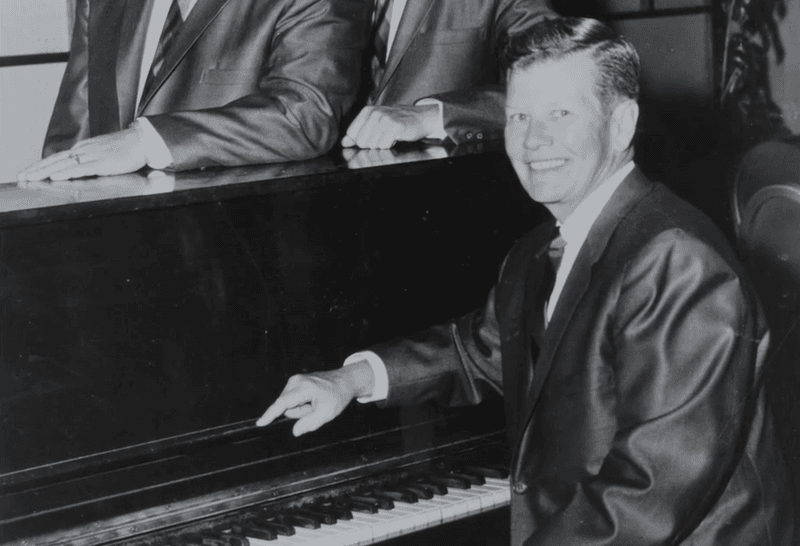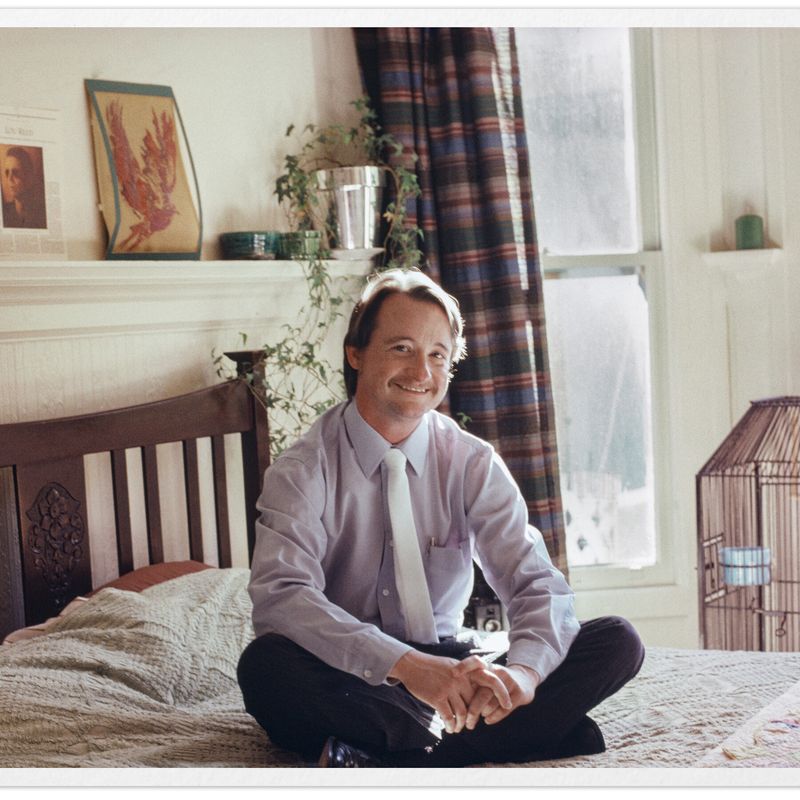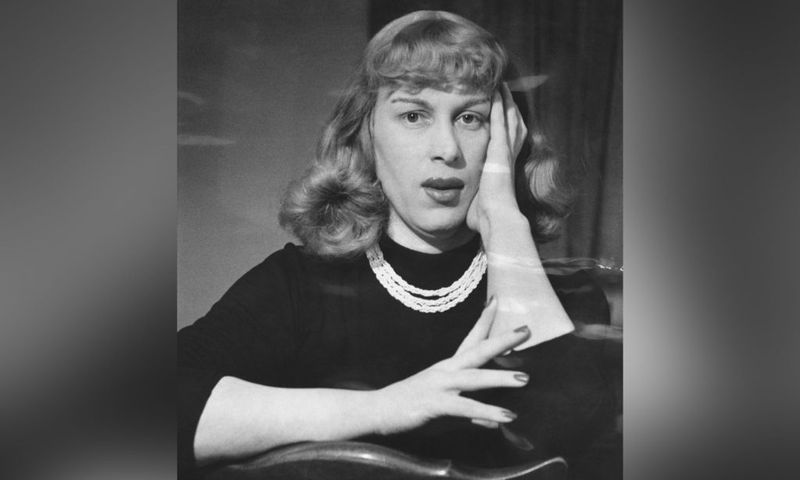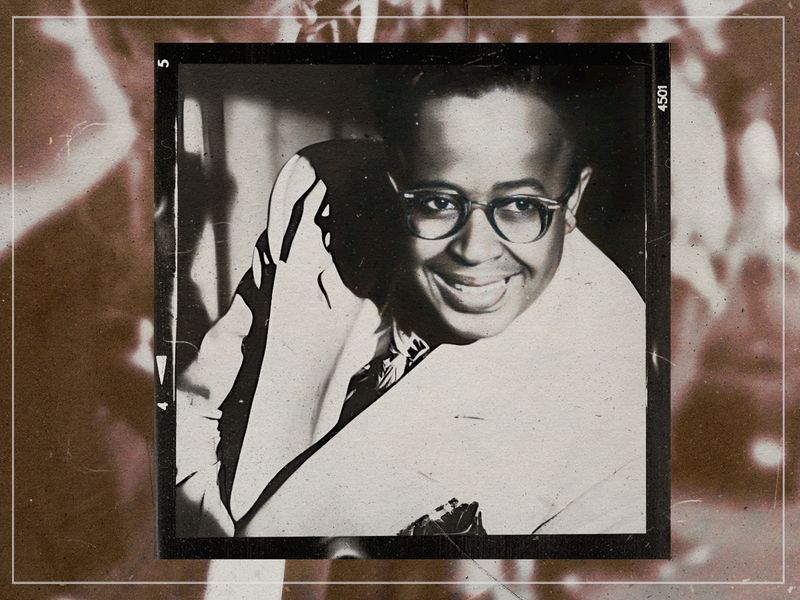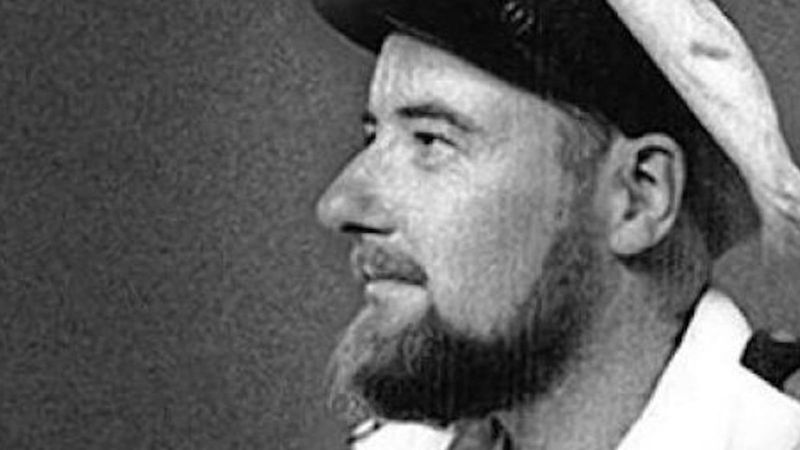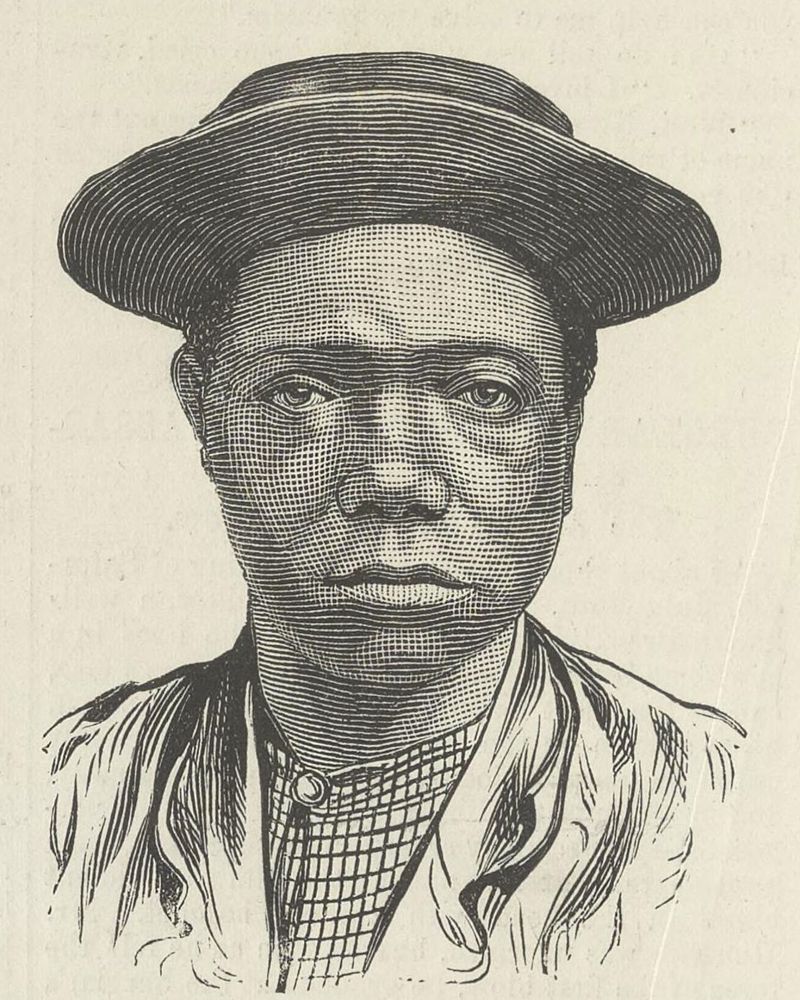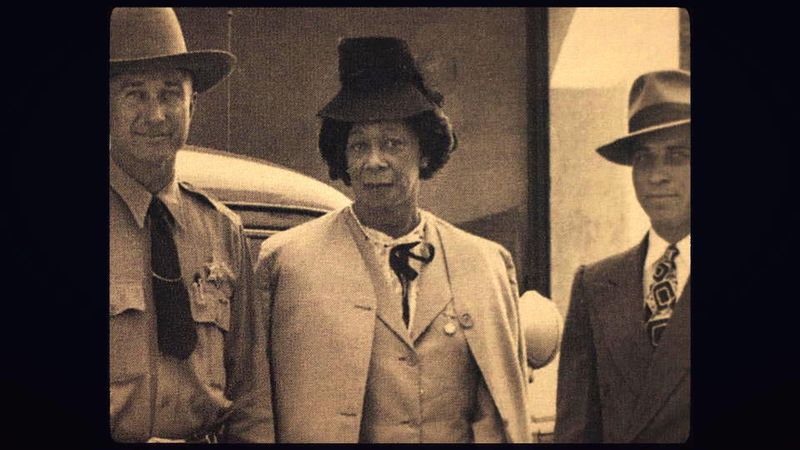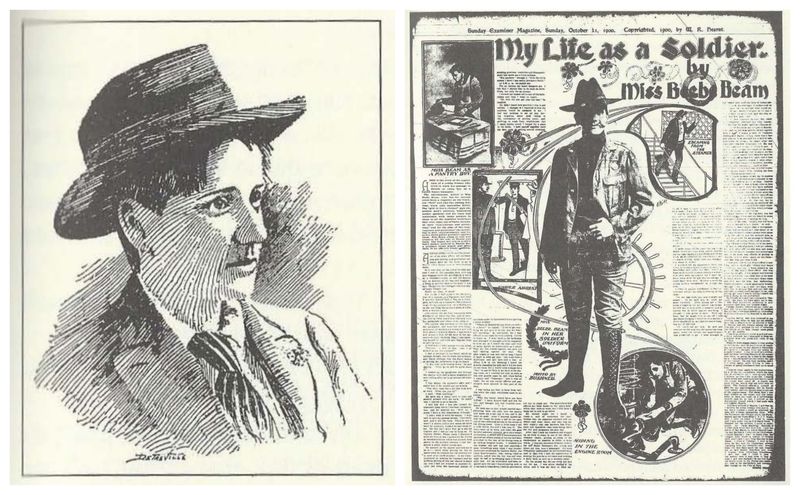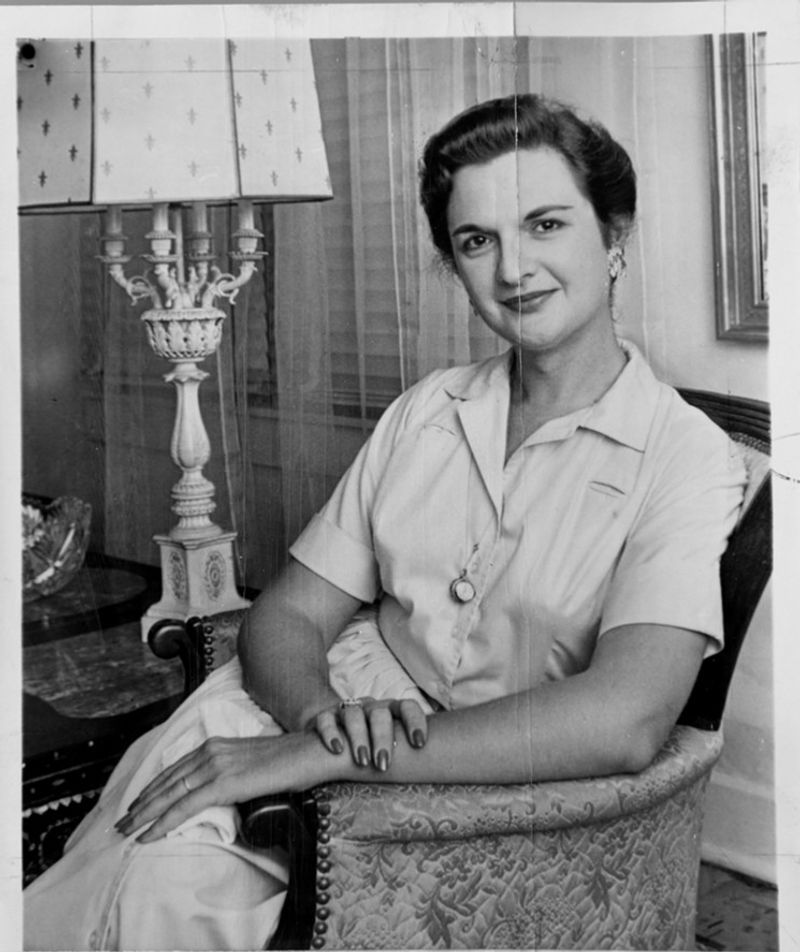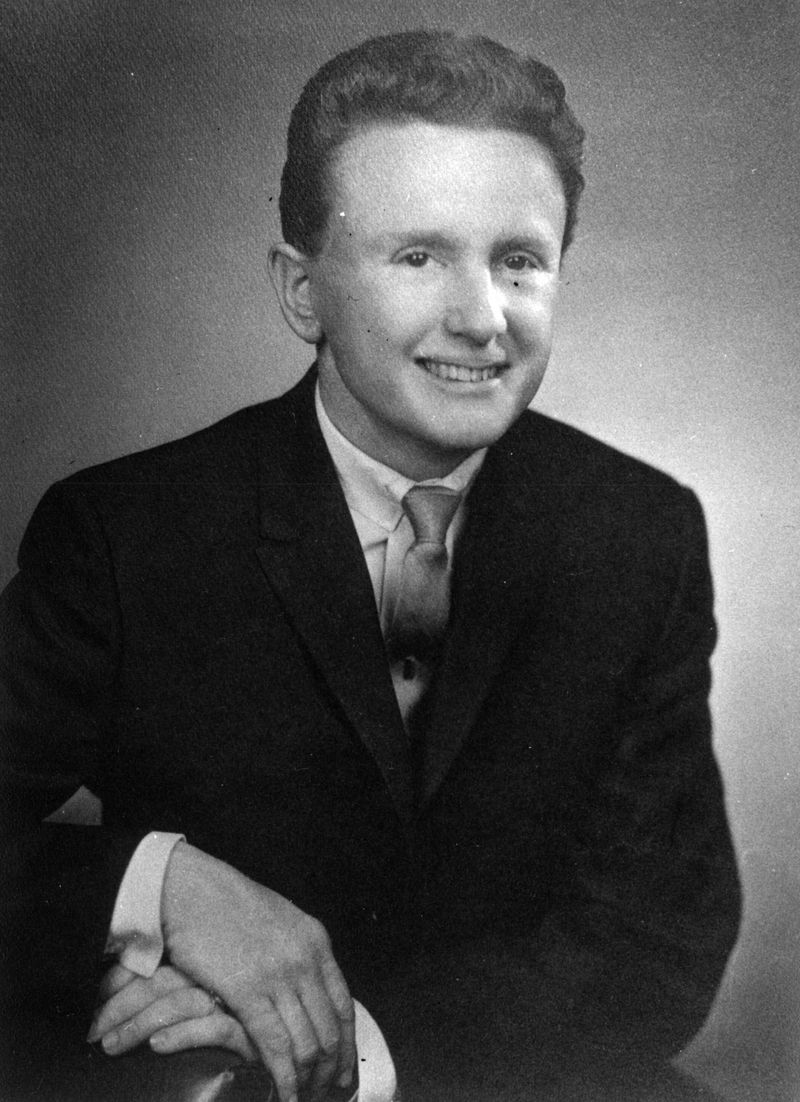Explore the remarkable lives of 17 transgender pioneers whose stories and contributions have largely remained untold until recent times. These individuals broke barriers, championed rights, and left an indelible mark on history, often without recognition during their lifetimes.
1. Dr. James Barry (1789–1865)
A fiery spirit in the world of medicine, Dr. James Barry was assigned female at birth but lived as a man to pursue a career in surgery. As the first British surgeon to perform a successful C-section where both mother and child survived, Barry’s medical contributions were groundbreaking.
His dedication to healthcare took him across the British Empire, improving conditions in military hospitals. Despite his accomplishments, his gender was only discovered posthumously, sparking intrigue and admiration.
Barry’s story is a testament to his unwavering commitment to his profession, transcending societal norms and expectations.
2. Albert Cashier (1843–1915)
Courage in battle knew no boundaries for Albert Cashier, a Civil War hero who served bravely in over 40 skirmishes. Born Jennie Hodgers, Cashier lived as a man for more than five decades, maintaining his identity even when challenged.
His fellow soldiers stood by him, recognizing his valor rather than his assigned gender.
Cashier’s life reflects an era when gender identity was a personal and often hidden journey. His legacy endures as a symbol of bravery and authenticity in the face of adversity.
3. Lili Elbe (1882–1931)
Lili Elbe, a Danish painter, stepped into the spotlight of history as one of the first known recipients of gender-affirming surgery. Her life, as depicted in “The Danish Girl,” was both pioneering and tragic.
In 1930s Germany, Elbe underwent a series of surgeries that were groundbreaking at the time, paving the way for future medical advances in transgender healthcare.
Her untimely death from complications underscores the risks faced by early pioneers. Elbe’s courage and artistic talent continue to inspire generations.
4. Marsha P. Johnson (1945–1992)
With an unmistakable flair and unwavering dedication, Marsha P. Johnson was a key leader in the Stonewall uprising and an ardent AIDS activist. As a Black trans woman, she co-founded STAR, supporting homeless queer youth.
Her life was a blend of activism and advocacy, breaking down barriers in the LGBTQ+ community.
Despite her mysterious death, Johnson’s legacy of resilience and support for marginalized communities reverberates through history, highlighting her pivotal role in the fight for equality.
5. Sylvia Rivera (1951–2002)
Fierce and unapologetic, Sylvia Rivera was a trailblazer in the fight for trans inclusion within the broader gay rights movement. Her activism at the Stonewall riots marked the start of a lifelong battle for equality.
Despite facing rejection from mainstream LGBTQ groups, Rivera tirelessly created shelters and resources for homeless trans youth.
Her legacy serves as a reminder of the importance of intersectionality in activism, advocating for those most marginalized within the community.
6. Dr. Alan Hart (1890–1962)
Dr. Alan Hart, a pioneer in tuberculosis research, was among the first trans men to undergo a hysterectomy in 1917. His contributions to medical science were profound, particularly in developing early TB screening methods.
Living stealth as both a physician and a novelist, Hart’s life was one of dedication to public health.
His ability to balance personal identity with professional ambition remains a source of inspiration, highlighting the intersections of medical innovation and personal authenticity.
7. Christine Jorgensen (1926–1989)
A headline maker of her time, Christine Jorgensen became the first American widely recognized for undergoing gender transition. Her 1952 surgery in Denmark ignited a global conversation about transgender identity and rights.
Jorgensen used her newfound fame as a platform to advocate for understanding and acceptance.
Her public journey was both a personal evolution and a catalyst for societal change, influencing countless lives and shaping public perception of gender transition.
8. Billy Tipton (1914–1989)
In the heart of the jazz scene, Billy Tipton carved out a remarkable career as a musician while living as a man. For 56 years, he toured with bands and raised a family, with his trans identity only discovered after his death.
Tipton’s life challenges societal norms and explores the complexity of identity in the public eye.
His story remains a poignant reminder of the sacrifices made for personal authenticity and the love of music.
9. Lou Sullivan (1951–1991)
Lou Sullivan, known for his trailblazing efforts as the first openly gay trans man, was a prominent advocate for HIV+ trans healthcare. He founded FTM International, transforming visibility and community for trans men.
Despite his own health struggles, Sullivan’s advocacy was relentless, focusing on the intersection of sexual orientation and gender identity.
His life’s work continues to impact the lives of many, encouraging authenticity and representation within the trans community.
10. Roberta Cowell (1918–2011)
Roberta Cowell, a remarkable figure in both aviation and racing, transitioned in the 1950s, becoming Britain’s first known trans woman to undergo surgery. Her previous life as a World War II fighter pilot added to her enigmatic persona.
Cowell’s transition was both personal and public, challenging societal expectations while pursuing her passions.
Her adventures on the racetrack and in the skies symbolize the courage to live authentically amidst a world of constraints.
11. Willmer “Little Ax” Broadnax (1916–1992)
Willmer “Little Ax” Broadnax, a towering figure in gospel music despite his small stature, sang with some of the most renowned quartets. His trans identity was only revealed posthumously, adding a new layer to his legacy.
Broadnax’s voice, powerful and emotive, transcended traditional boundaries, leaving a lasting impact on gospel music.
His life story unfolds as a testament to the hidden layers of identity and the harmonizing power of music.
12. Dr. Michael Dillon (1915–1962)
Dr. Michael Dillon, known for being the first trans man to undergo phalloplasty, was a British physician who later embraced a life of spirituality as a Buddhist monk. His memoir, “Out of the Ordinary,” details his groundbreaking transition.
Dillon’s life was a journey of transformation, both physically and spiritually, reflecting the deeper quest for identity and peace.
His pioneering spirit in both medicine and spirituality continues to inspire those navigating their own paths of discovery.
13. Frances Thompson (1840–1876)
A voice of courage and advocacy, Frances Thompson is recognized as the first trans woman to testify before Congress. Born into slavery, she spoke about her harrowing experiences during the 1866 Memphis riots.
Thompson’s testimony was a powerful statement against racist sexual violence, revealing the intersection of race, gender, and justice.
Her legacy is a pioneering example of courage in the face of systemic oppression, highlighting the need for continued advocacy in civil rights.
14. Lucy Hicks Anderson (1886–1954)
Lucy Hicks Anderson, a prominent figure in Prohibition-era society, boldly defended her marriage when outed in 1945. Her declaration in court, “I defy any doctor in the world to prove I am not a woman,” echoes her defiant spirit.
As a Black trans woman, Anderson’s life was a courageous stand for identity and recognition.
Her story remains a significant chapter in the fight for personal dignity and legal recognition, challenging societal norms of the time.
15. Jack Bee Garland (1869–1936)
Jack Bee Garland’s life as a journalist was dedicated to documenting the stories of San Francisco’s marginalized communities. Living as a man, Garland was known for his empathy and keen observations.
His work provided a voice to those often ignored by society, highlighting the struggles and triumphs of the homeless.
Garland’s life and writings serve as a reminder of the power of storytelling in shedding light on social issues and championing change.
16. Dr. Charlotte McLeod (1893–1979?)
Possibly Britain’s first trans woman doctor, Dr. Charlotte McLeod served during World War I before transitioning in the 1930s. She practiced medicine in New Zealand amidst the constant threat of exposure.
McLeod’s determination to live authentically while contributing to her community is a story of resilience and dedication.
Her journey reflects the courage required to challenge social conventions and navigate the complexities of identity in a changing world.
17. Reed Erickson (1917–1992)
Reed Erickson, a millionaire philanthropist, was instrumental in pioneering early transgender healthcare. As the first trans man to undergo top surgery in the U.S., his Erickson Educational Foundation funded crucial research and support networks.
Erickson’s vision extended beyond personal transition, aiming to uplift the entire transgender community through education and resources.
His legacy continues to impact modern transgender healthcare and advocacy, emphasizing the importance of supportive infrastructures.
